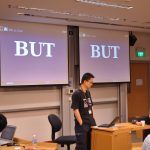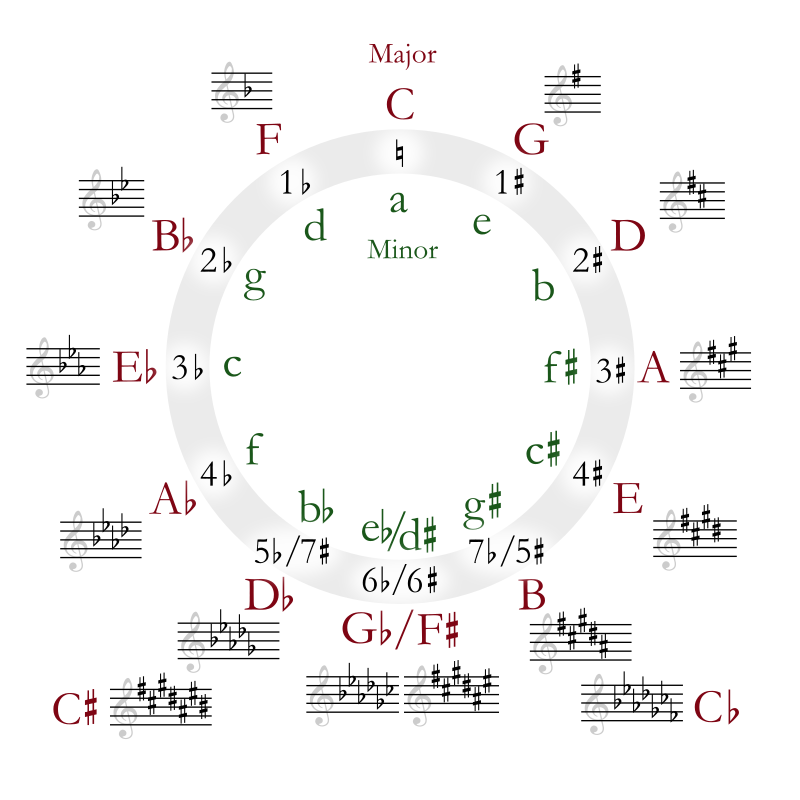I love history. When learning history, I try to capture long-term patterns and remember events through these patterns. Unlike conspiration theorists, I do not assume these patterns have meaning beyond mnemonic devices. And then again… 9/11 and temperature History is full of patterns. Some of these patterns are real, others are like objects we tend …
KeyToStudy Offers:
Memory, Speedreading, and Analysis
KeyToStudy Overview:
Memory, Speedreading, and Analysis
ProlificFocus Overview:
Productivity, Motivation, and Projects
ProlificFocus Offers:
Productivity, Motivation, and Projects
Learn to speedread better from synchronous translation
Language is one of the primary tools in any career. We use language to formulate ideas, collaborate, express ourselves, and inspire others. There is a group of people who use language differently and spectacularly. Moreover, all of us can learn from them. These are the professionals involved in synchronous translation. Read more here, here, here, and …
Continue reading “Learn to speedread better from synchronous translation”
The natural spirituality and myths that follow
Spirituality is definitely a valid way to find inspiration. Some of the best stories in human history are profoundly mythical. Today it is hard to separate reality from imagination, psychological need from social necessity. What can we learn from our myths, if anything? You are welcome to read more here, here, here, here, here, here, and …
Continue reading “The natural spirituality and myths that follow”
Is my visualization memorable?
Coming up with good visualizations is either very easy or very hard depending on the subjects. Here are some guidelines. Meaningful The visualization needs to have some meaning for you. If you cannot define what you visualize, or the visualization generates “who cares” or “I am confused” emotions, you need to change something. The visualizations …
Reading and memory misconceptions
Here I want to address the common misconceptions of my students. Do not be surprised if you have some of them. Hope this will help you. Today I address materials covered in three courses: the intro superlearning minicourse, memory masterclass and speedreading masterclass . Avail our these courses with special discounts. There’s no need to …
Mental Palace: Creative Examples
How do we choose the shape of a memory palace? The kind and the shape of memory palaces is dictated my many factors. More often than not, we will use a familiar space: a childhood home, or a friend’s office. We do not have to. Personally, I prefer using spaces from video games, as they …
Magnetic mind: memories are the fundament of our identity
Our mind is magnetic and we should use it! The power of our identity can shape the way we learn. Our experiences and memories shape our identity. We assemble ourselves from bits and pieces and attract things we truly need. For more information read here, here, here, here, here, here, and here. Dr. Manhatten’s story …
Continue reading “Magnetic mind: memories are the fundament of our identity”
How to generate visualizations faster
One of the main issues many of my students ask: how to visualize faster. This is one of the subjects we reviewed several times from different perspectives. Here are some more practical tips. I use the metaphor of a greek tragedy to explain… The more words you have the easier to visualize Visualizing one word …
Podcast Memorization Exercise
If we can remember podcasts, and audiobooks, we can definitely remember conversations. Podcasts are harder. Podcasts great to learn things while driving, or while your eyes rest, or as training. So are audiobooks. If your environment allows you reading or video content, use that instead. Taking notes If you need to remember podcasts, it is …
Musical mnemonics
Western music is built around 7 English letters. This makes the creation and use of mnemonics stories simple and enjoyable. This article is dedicated to musical mnemonics. Since I am a memory expert and a scientist, not a musician, I might miss some nuances. Octaves and scales For me, music lives between math, physics, and …










